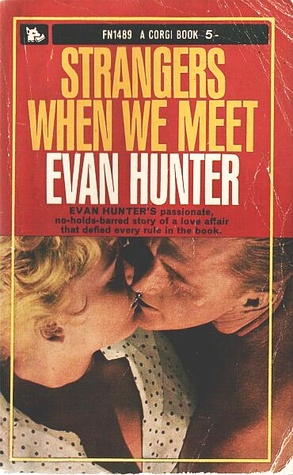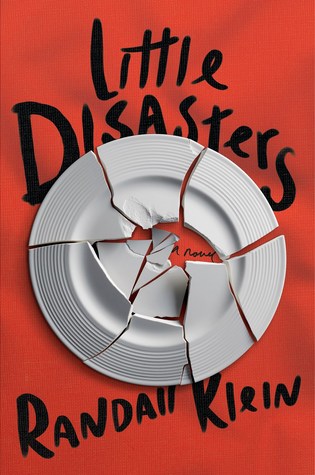“As for the academic question of whether the association of a young man with a woman considerably older than himself is to be regarded always as harmful to the young man, that is debatable.”
In More Anatomy of Murder, Dorothy L. Sayers, Francis Iles and Freeman Wills Crofts, respected authors of detective fiction, each discuss an infamous murder case. Sayers, Iles and Crofts were all members of the Detection Club (Sayers and Crofts were founders). Sayers considers The Murder of Julia Wallace, while Iles examines The Rattenbury Case, and finally Crofts, in a much shorter piece, discusses A New Zealand Tragedy.

The biggest issue for readers of More Anatomy of Murder is that these three cases (or at least the first two) were headlines in 1933 and 1935, and so some prior knowledge of these murders is assumed. Fortunately for this reader, I was familiar with the Rattenbury case through the film Cause Célèbre. But back to the first section: The Murder of Julia Wallace. (The bones of this case reminded me of Celia Dale’s Helping with Inquiries. ) Julia Wallace’s husband, who claimed to have been lured from his home at the time of his wife’s bludgeoning murder, was arrested and tried for the crime. In the second case, the Rattenbury murder, Francis Rattenbury was murdered by his much younger wife’s lover (the wife initally confessed), and the third case, The Lakey murder, involved the murder of a married couple by a neighbor. So three very different types of murders.
Each of the authors takes a different approach to the case under examination. Sayers, for example, states that the law is interested in “one question only,” … “Did the prisoner do it?” while the crime novelist asks “if the prisoner did not do it, who did.” Sayers’ approach is heavily psychological as she peels away the layers and complications of the case. At each step of the evidence, she presents the possibility of Wallace being the murderer, or whether or not the murderer was another individual.
In The Rattenbury Case, Iles references the hanging of Edith Thompson and compares Alma Rattenbury to Edith Thompson, and the two cases appear similar on the surface. Iles argues that while husbands were murdered by their wives’ lovers in both instances, there are differences. Since married women seeking sex with young lovers loomed large in both cases, Edith Thompson and Alma Rattenbury’s behaviour scandalized the public, and Mrs. Rattenbury’s temperament is much discussed along with that of her 18-year-old lover/chauffeur, Stoner. Iles makes a good argument for the case that Mrs. Rattenbury and Stoner fed off each other’s unstable temperaments.
Iles also discusses Miss F. Tennyson Jesse’s transcript and commentary of the trial, and Iles argues that while Jesse “finds it difficult to account for Stoner’s crime,” and calls the crime “a gesture conceived in an unreal world,” he disagrees:
Where personal advantage looms so large if a certain person can only be knocked out of the path, the consequent knocking out bears a very solid relation to real life.
The final case follows the standard police procedural as Freeman Wills Crofts tackles the evidence in the Lakey Murder Case.
I liked the way each author took a different approach, and Sayer’s wit bolstered the tame drabness of married life between Julia and William Wallace. She notes that while the couple’s married life seemed superficially happy, there are hints that life was not what it seemed:
Nothing will ever bring her back, and however much I want her or however much I miss her loving smiles and aimless chatter …
After reading this section, I had my own theory. The Rattenbury Case with its unstable, erratic household, morphia, lashings of alcohol and cocaine was a good contrast. Iles even spends some passages explaining why he is fascinated by the case.
(F. Tennyson Jesse wrote A Pin to See the Peepshow which is a fictionalised account of Edith Thompson and the Ilford Murder Case.)











You must be logged in to post a comment.